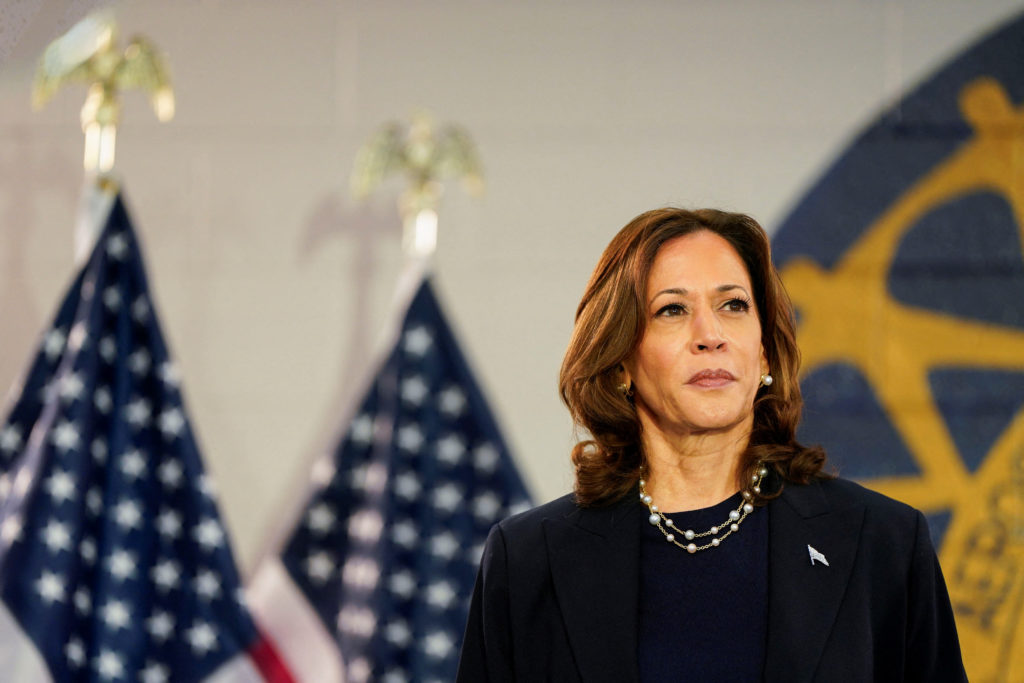Of course, you have not yet explained what makes her a poor pick. Any white man who had a track record as AG and senator, among other qualifications, would have been hailed as an exemplary pick.
Too far left. A lot of society has come to recognize DEI as de facto discrimination, the Democrats keep doubling down on trying to pull the country left. It doesn't work that way, people rejected her. And by being too far left she put herself in a position where minor issues could be used against her in a big way.
Not to mention in her campaign, she was very evasive in giving direct answers to questions. It came across to me, and others, that she either was hiding something, or just didn't have any answers. It was maddening to the public, and even the press got on her case about it.
First, it’s worth noting that politicians are sometimes evasive for normal, understandable reasons that don’t imply dishonesty or incompetence. For example, when asked “How will you do X?” the answer often depends on future compromises, legislative priorities, and available funding. Those questions are less meaningful than questions about values and priorities, which reveal what a politician will actually fight for.
Contrast this with Donald Trump: he rarely avoided answering, but his answers were overwhelmingly false, exaggerated, or outright attacks. That style works in an attention-driven media ecosystem, but it’s not the kind of leadership rational voters should prefer.
Second, Harris’s loss was primarily tied to the economy. As vice president, she was seen as the de facto incumbent and bore responsibility for public dissatisfaction with inflation, interest rates, and economic uncertainty (Pew Research, 2024). Immigration was also a major issue, but much of today’s crisis stems from policies and structural issues dating back to Trump’s administration, broader economic push factors in sending countries, and Trump explicitly instructing his party not to participate in bipartisan immigration legislation during the Biden presidency.
The “culture war” talking points (DEI, “wokeness,” etc.) were secondary—amplified by pundits and influencer wannabes who already opposed liberal positions on those issues and are now using Harris’s loss as an excuse to push their own agendas.
On performance, Harris decisively outmatched Trump in the debates—fact-checkers consistently noted she was far more accurate and composed. But debates have never been Trump’s strength. His power lies in relentless propaganda, a media ecosystem that shields him, and a willingness to bulldoze institutions to his advantage. For many of his supporters, winning a debate doesn’t matter; they’re more captivated by his persona, grievance politics, and cult of personality—right down to the absurd imagery of Trump-as-superman posters.
If you want to analyze this election logically, you have to start with the basic facts: the economy was the decisive issue, Harris won the debates, and Trump’s style thrives not on truth or competence, but on performance and outrage. Simply put: if the standard is “answering questions,” Trump did far worse by any rational measure. Ignoring that reality says more about personal bias than about the candidates themselves.

